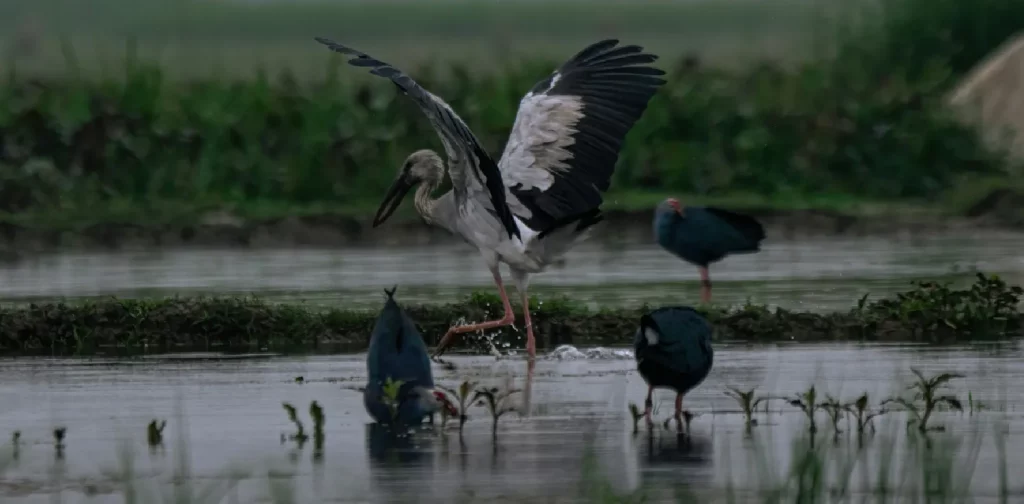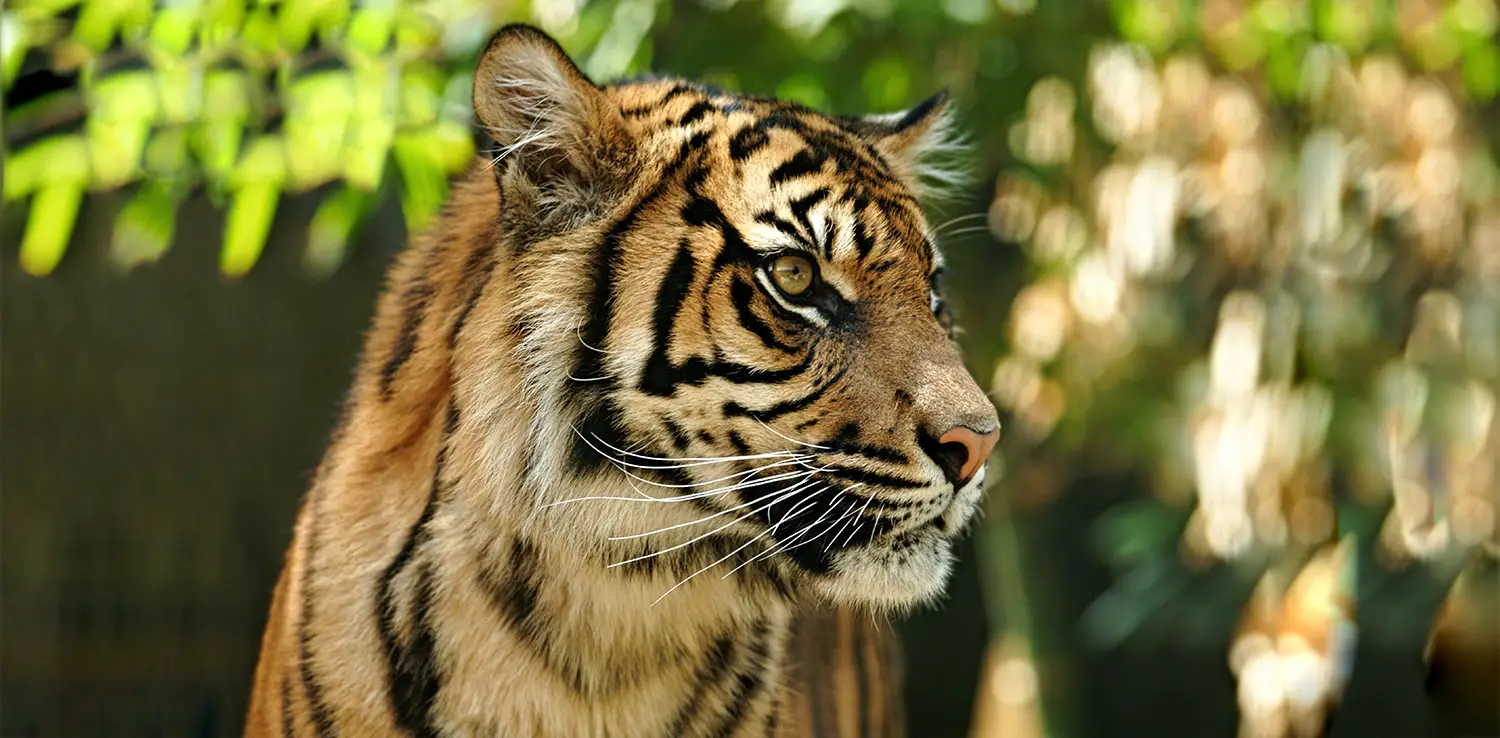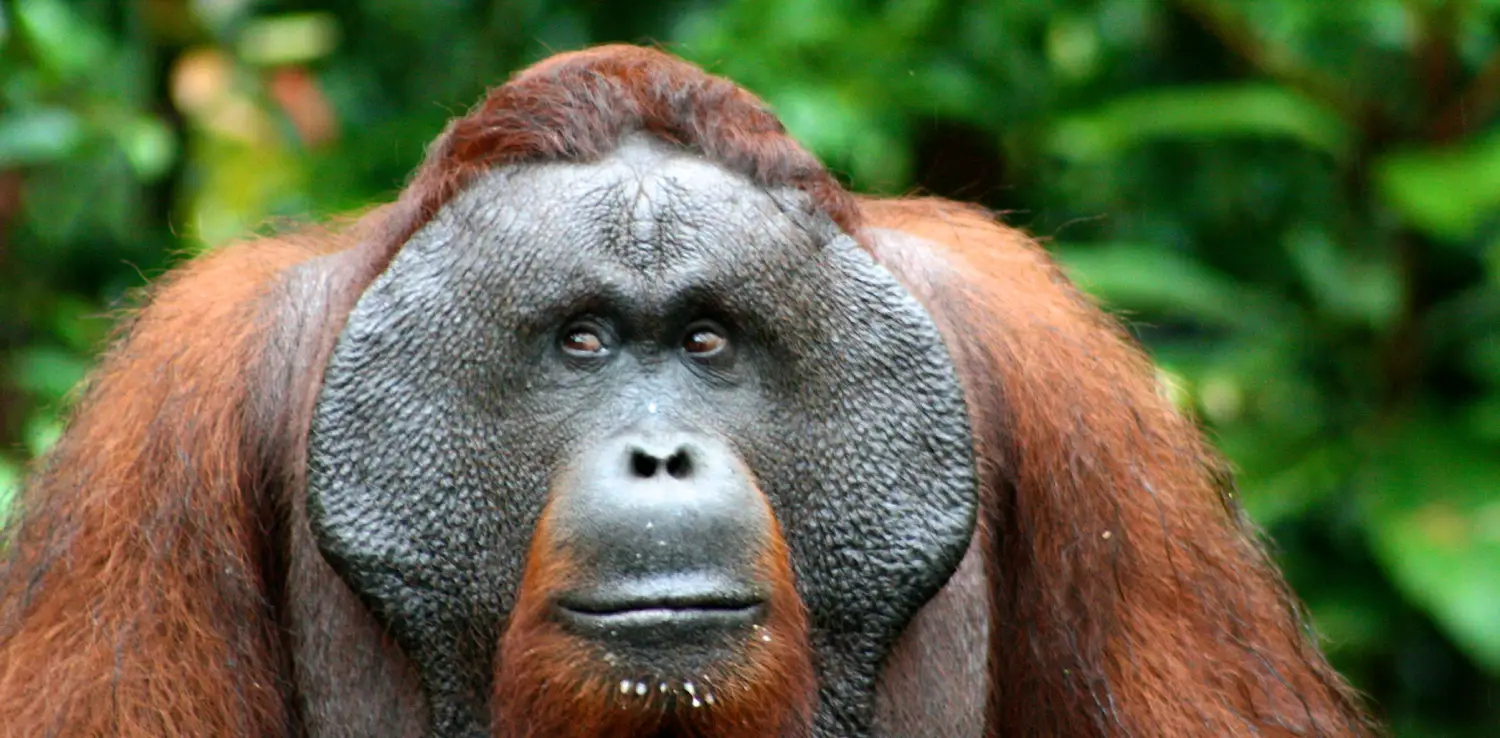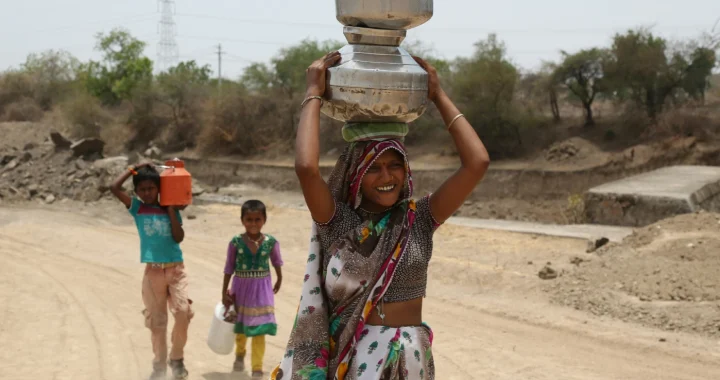Preserving the Role of Tropical Wetlands as a Home for Endangered Species

Photo: Arnab Dey on Unsplash
The natural environment is essential for the planet and its inhabitants. For instance, tropical wetlands serve diverse life forms with their resources, including as habitats for many endangered species. In light of climate change and global biodiversity loss, preserving the role of tropical wetlands as a home to endangered species is crucial.
Why Are Tropical Wetlands Important?
Forested peatlands and swamps are the primary wetland ecosystems found in tropical regions. The Southeast Asian region alone holds over 54% of the world’s peatlands.
These wetlands provide essential ecosystem services to coastal communities and fisheries. They also offer protection against erosion and natural disasters and a climate resilience function as carbon storage. Peatlands, for example, store around 68.5 billion tons of carbon, making them a significant terrestrial carbon reservoir.
Moreover, tropical wetlands are home to a variety of biodiversity, including native, threatened, and endangered species. They offer crucial habitat, food source, and water supply for the inhabitants. However, rapid deforestation, particularly for agricultural purposes like oil palm, pulp and paper, and rubber plantations, threatens tropical wetlands and their sustainability.
Tropical Wetlands as Endangered Species’ Home

Southeast Asia’s tropical peat swamps host a diverse array of life, including over 1,500 plants, 120 mammals, 260 birds, and 210 freshwater fish species. Furthermore, these ecosystems provide a habitat for endangered species such as the Bornean orangutan, the Sumatran tiger, the Bornean southern gibbon, and the Sumatran elephant.
For instance, the critically endangered Sumatran tigers, with a population as low as 400, inhabit various ecosystems, including swamps and tropical wetlands. Their endangered status is caused by illicit wildlife trade, where nearly 80% of tiger deaths occur due to poaching for commercial gains. However, the most critical threat lies in habitat loss, causing a decline in prey species and making it difficult for them to find food.
Meanwhile, the crucial role of tropical wetlands for Bornean orangutans is how they produce fruits. In turn, Bornean orangutans spread fruit seeds, earning them the title “gardeners of the forest”. Preserving tropical wetlands means protecting symbiotic relationships such as this one.
Impacts of Habitat Loss
The loss of tropical wetlands as habitats may have cascading impacts that affect humans and nature. The most extreme result is species extinction, leading to many disruptions in the ecosystems.
For example, in the context of the Sumatran tiger, the elimination of apex species can result in an overabundance of prey, affecting the food chain and causing an imbalance in the ecosystem. Meanwhile, in the context of the Bornean orangutan, if they become extinct, it could cause a chain reaction that leads to the extinction of plants that depend on these animals for seed dispersal.
Additionally, habitat loss also affects humans. Wetland animals that lose their homes will scavenge for food and sanctuary outside their territories into areas inhabited by humans, resulting in conflicts.
Preserving Tropical Wetlands

Preserving tropical wetlands requires a multidisciplinary approach and strong collaboration from all relevant stakeholders. From policymaking to action plans, below are several key aspects to consider:
- Understanding the urgency and role of tropical wetlands: Research and discussions on the topic will encourage the understanding of their role in biodiversity conservation and climate action, thus raising awareness and urgency of their preservation efforts.
- Enforcement of protective measures: Robust regulations and protection laws regarding the issue are needed. This includes expanding the tropical wetland protection network and strictly reinforcing laws to protect secondary forests within wetlands.
- Involving Indigenous Peoples and local communities: Respecting and supporting their roles as stewards of nature, especially their lands, means benefitting from their knowledge and customs to boost conservation efforts while safeguarding their rights as those most likely affected.
- Encouraging incentives and funding: Preservation and conservation efforts require significant funding. Setting up inclusive policies and mechanisms that incentivize and encourage investment from governments and private parties would be advantageous.
Preserving tropical wetlands and their role as habitats to diverse biodiversity is crucial to prevent potentially alarming impacts from habitat loss of endangered species. Thus, nurturing awareness and promoting sustainable practices are pivotal steps to ensure the resilience of wetlands and other ecosystems.
Editor: Nazalea Kusuma


 Embracing the Business Value of Sustainability
Embracing the Business Value of Sustainability  American Farmers Call for Government Support Amidst PFAS Contamination
American Farmers Call for Government Support Amidst PFAS Contamination  Asia Pacific’s SDG Progress Faces Major Setbacks
Asia Pacific’s SDG Progress Faces Major Setbacks  Exploring the Bidirectional Relationship Between Olympic Games and the Environment
Exploring the Bidirectional Relationship Between Olympic Games and the Environment  The Hidden Threat of Tire Pollution to Salmon Populations
The Hidden Threat of Tire Pollution to Salmon Populations  Understanding the Climate-Care Nexus
Understanding the Climate-Care Nexus